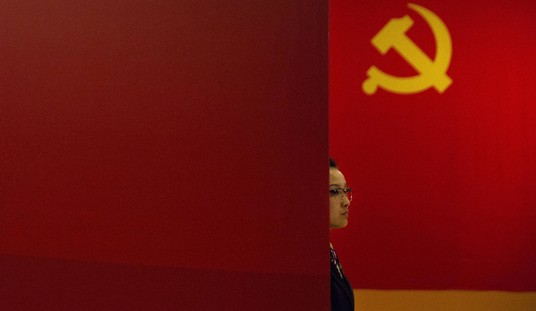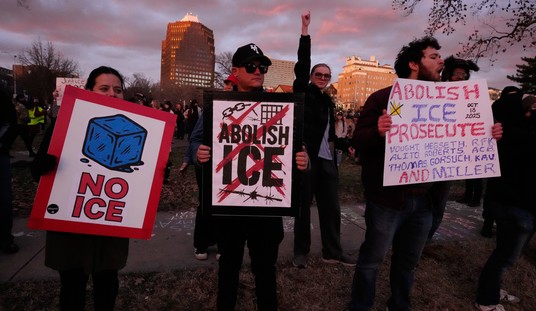Honestly, I didn’t think that a celebration by the Catholic Church over the powerful life of the late Pope John Paul II would generate much controversy at all, at least not until I read The Week’s roundup on the debate. Critics mainly focus on the failure of the Roman Catholic hierarchy to properly respond to allegations of sexual abuse by priests, which is at least germane to the point. Others seem more interested in debating the church’s doctrine through John Paul II, whose role was to teach and uphold the doctrine, not to change it to suit contemporary fashion, or to criticize the beatification and canonization process in general as “deifying” ancestors.
As I take my leave of Hot Air for the next ten days or so to travel to Rome and the Vatican to attend the beatification (as well as vacation in Rome), I decided to address the temporal issues of the previous Pope’s beatification in my latest column for The Week:
The Catholic Church took too long to confront the issue of priests that abused children, hid them from scrutiny for far too long, and initially failed to deal with it openly when the issue began to break open over the last 10 years. The Pope serves as the chief executive of the global church, which makes the organizational failures his responsibility. John Paul II never attempted to evade that responsibility, and though the church moved too slowly, it did make significant changes to address the scandal, and the culture of silence and secrecy that allowed the problem to fester long before Karol Wojtyla became a priest, let alone a pope. …
John Paul II saw the evil of a regime that built walls to detain its subjects, with guards to shoot those who dared to try to escape, and which demanded that people declare their devotion to the state rather than choose to give it willingly to God. Unlike many in that time, he chose to act to dismantle evil and free millions rather than search for a way to peacefully coexist with evil and consign slaves to their chains. And he managed to bring down one of the 20th century’s most murderous empires without an army of his own.
Even in his slow decline toward death, John Paul II served as an example to the world of the dignity of the suffering and dedication to his faith. Popes rarely retire, although there are a few precedents. Even in the infirmity of his Parkinson’s disease, John Paul II put his trust in God, who had called him to lead the Catholic Church until the end of his life. Rather than heed calls to step down from his position, the pope bravely carried out his charge until he drew his last breath, the faithful servant to the end.
No man or woman is perfect, not even the saints. Peter, who denied Jesus Christ three times despite having been selected as the leader of Christ’s church, gives testament to that fact. Augustine tried to distance himself from his faith for as long as possible in order to avoid the discipline it demanded. If saints were perfect, their lives would have nothing to teach us. John Paul II taught us plenty — and helped free millions from the bondage of Soviet oppression, which even Mikhail Gorbachev noted would have been “impossible” without the Pope.
John Paul was a man who moved the world, through his faith rather than through armies on a battlefield, and helped to bring down one of history’s most oppressive empires. It is a life worth celebrating, and his is a faith worth recognizing.
I am looking forward to participating in the celebratory Mass on Sunday for John Paul II’s beatification. I’m also looking forward to taking some time off, but I will miss writing and engaging as I do each day. Allahpundit has lined up a great slate of guest bloggers to take my place during my vacation, so enjoy and try to miss me a little while I’m gone.








Join the conversation as a VIP Member